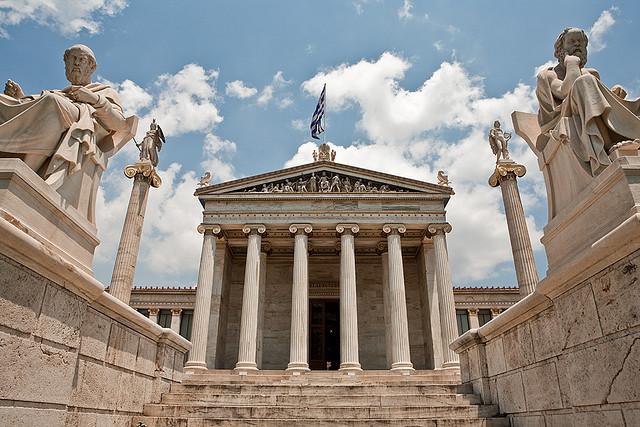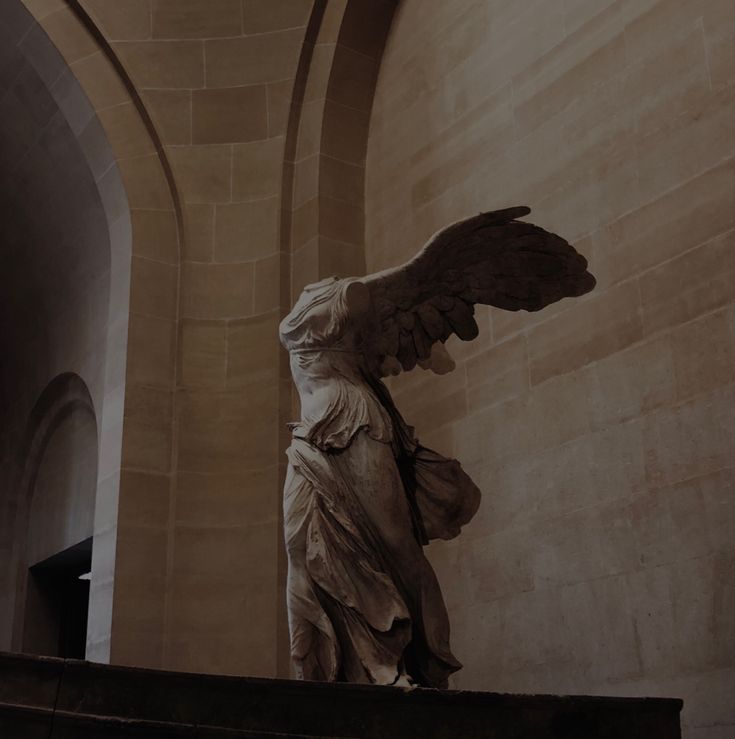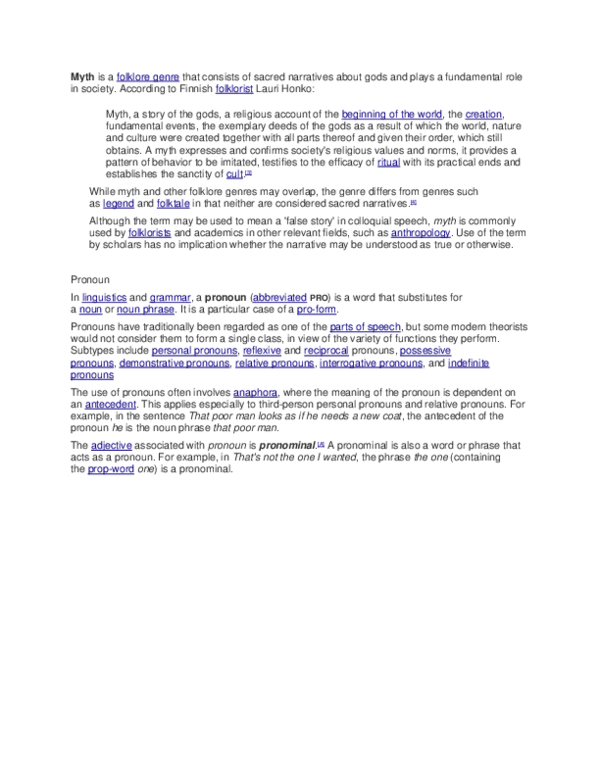
In addition, each story is modified to manifest only the hero’s individual accomplishments, concealing their negative aspects, and underestimating the influence of social contexts such as gender discrimination (modification of individual texts). In its entirety, the textbook repeats each hero’s fighting spirit and struggles (macroscopic metanarratives). The texts reflect modern metanarrative of individualism, which teachers and parents consider important for children to learn. The educational aspect of mythology in textbooks focuses on heroes being represented as exemplary models for teaching values to children. In Greek primary schools, third graders begin to learn mythology in the introductory part of the subject History. This article aims to highlight the representation of Greek mythology in Greek primary textbooks and the educational purpose of this representation, which includes macroscopic rearrangement, modification of individual texts, and addition of ancillary materials.


In what ways may the retelling of an Ancient Greek myth convey notions of Modern Greek national self-definition? What is the role of the Homeric epics? And how might the Mycenaean world, caught in between the heroic and early historical times, fit into the grand narrative of Hellenism, especially since Linear B was deciphered as a syllabic script of an early Greek language less than seventy years ago? Myths are hence both stable and changeable, both traditional and innovative. However, because myths remain culturally relevant, they are also a product of their time. Because myths are detached from the "here and now", they are often thought to convey general truths. Ancient Greek myth permeates many elements of Modern Greek culture it is most famously employed in poetry, but is in fact deeply felt in almost all spheres of life. A no less challenging topic, a part of which will be addressed in this chapter, is how Ancient Greek myth and Mycenaean civilization fit into this complex mosaic. One important aspect of this reception has to do with perceptions of national identity and self-definition.

#Greek myth academia full#
The reception of Classical Antiquity in Modern Greek culture is a complex phenomenon, full of nuances, emotions, and ideology.


 0 kommentar(er)
0 kommentar(er)
